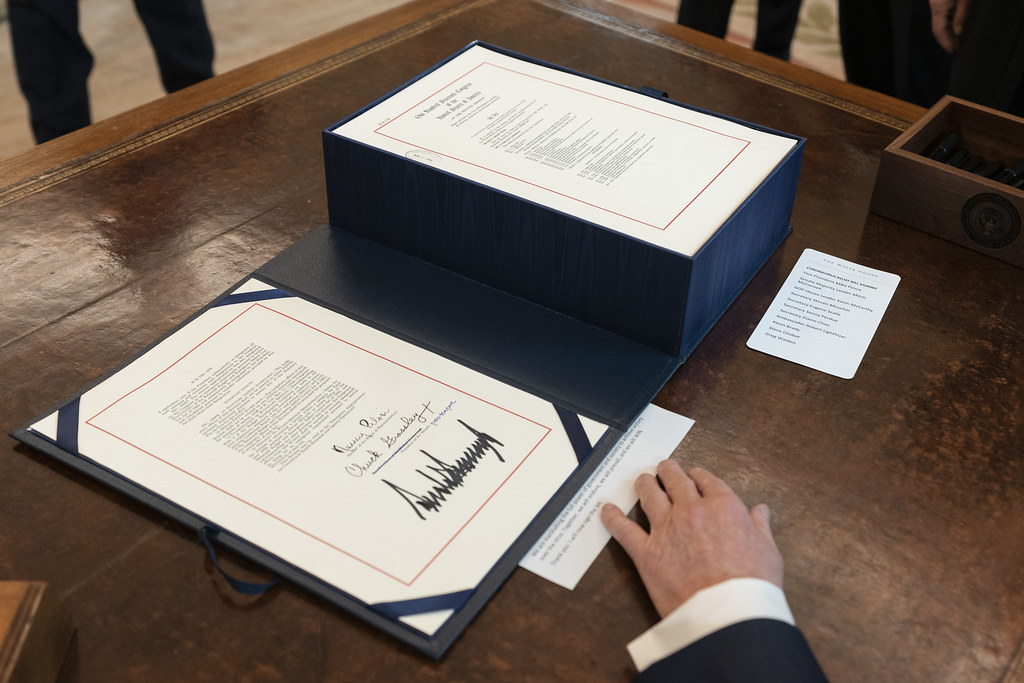The stock trading app Robinhood, known for its cryptocurrency-friendly platform, experienced an 8-hour suspension of its 24-hour market, executed through Blue Ocean ATS (BOATs), on August 6. This temporary halt affected overnight trading, stirring considerable discussion and dissatisfaction among its user base.
Suspension Details and User Communication
Robinhood Help, the support account on X, communicated the trading halt on August 5, announcing that BOATs had paused overnight trading from 12:00 am UTC to 8:00 am UTC the following day. Robinhood assured users that they could cancel orders during the suspension and place new orders for subsequent trading sessions. This communication came amid global market turbulence, which saw significant downturns, including Japan’s Nikkei recording its sharpest fall since the infamous Black Monday in 1987.
Operational Responses and User Reactions
During the suspension, Robinhood informed its users that all open trades as of 12:00 am UTC would be executed approximately eight hours later. This announcement followed a similar, albeit unconfirmed, suspension the previous day, which multiple users had reported. The repeated disruptions have led to public frustration, with users expressing concerns over canceled trades and lost profits.
Robinhood’s use of BOATs for executing overnight orders includes specific risk controls to prevent excessive price fluctuations. According to Robinhood’s support page, these measures are similar to those employed by public exchanges during regular market hours, which include “limit up and limit down” halts to curb extreme price movements.
The recent trading suspensions are not isolated incidents, with other brokerage platforms such as Charles Schwab, Fidelity, Vanguard, and TD Ameritrade also experiencing outages amid heightened market volatility. This widespread instability underscores the challenges brokerage firms face in maintaining continuous trading operations during periods of significant market fluctuations.
| Platform | Issue Reported |
|---|---|
| Charles Schwab | Trading outages |
| Fidelity | System interruptions |
| Vanguard | Accessibility problems |
| TD Ameritrade | Service disruptions |
| E-Trade | Connectivity issues |
| UPS | Operational delays |
| CenturyLink | Trading outages amid market volatility |
The recurrent trading suspensions on platforms like Robinhood highlight the need for robust technological infrastructures that can withstand sudden market movements. Additionally, these events bring to the forefront the necessity for clear communication and transparency from trading platforms, especially regarding user transactions and the rationale behind trading halts.
As Robinhood navigates through these operational challenges, the broader implications for market stability and investor confidence remain significant. These incidents not only affect individual investors but also pose broader questions about the resilience of financial systems in times of crisis. Moving forward, it will be crucial for platforms like Robinhood to enhance their systems to prevent similar issues and to foster a trustworthy environment for their users.










